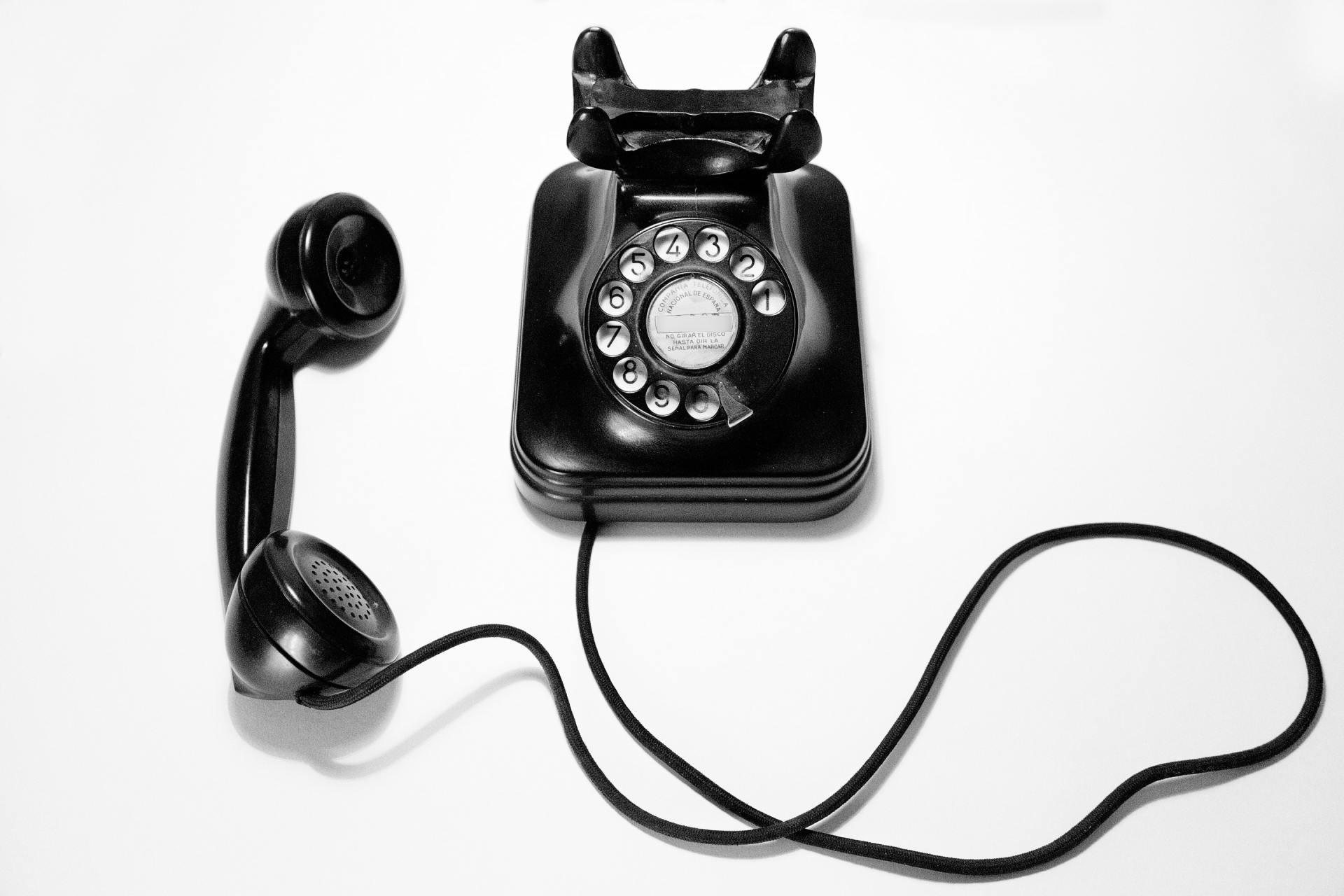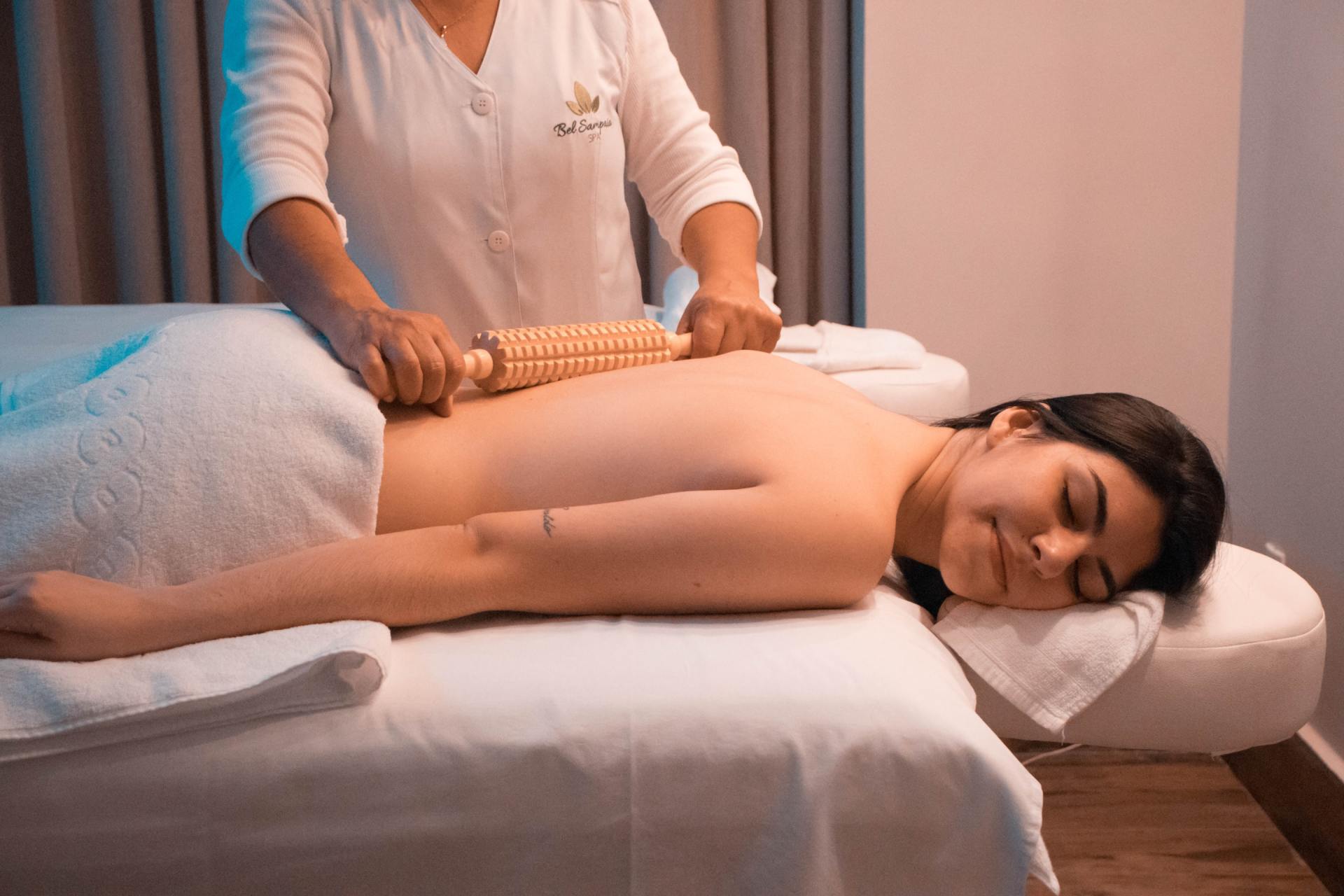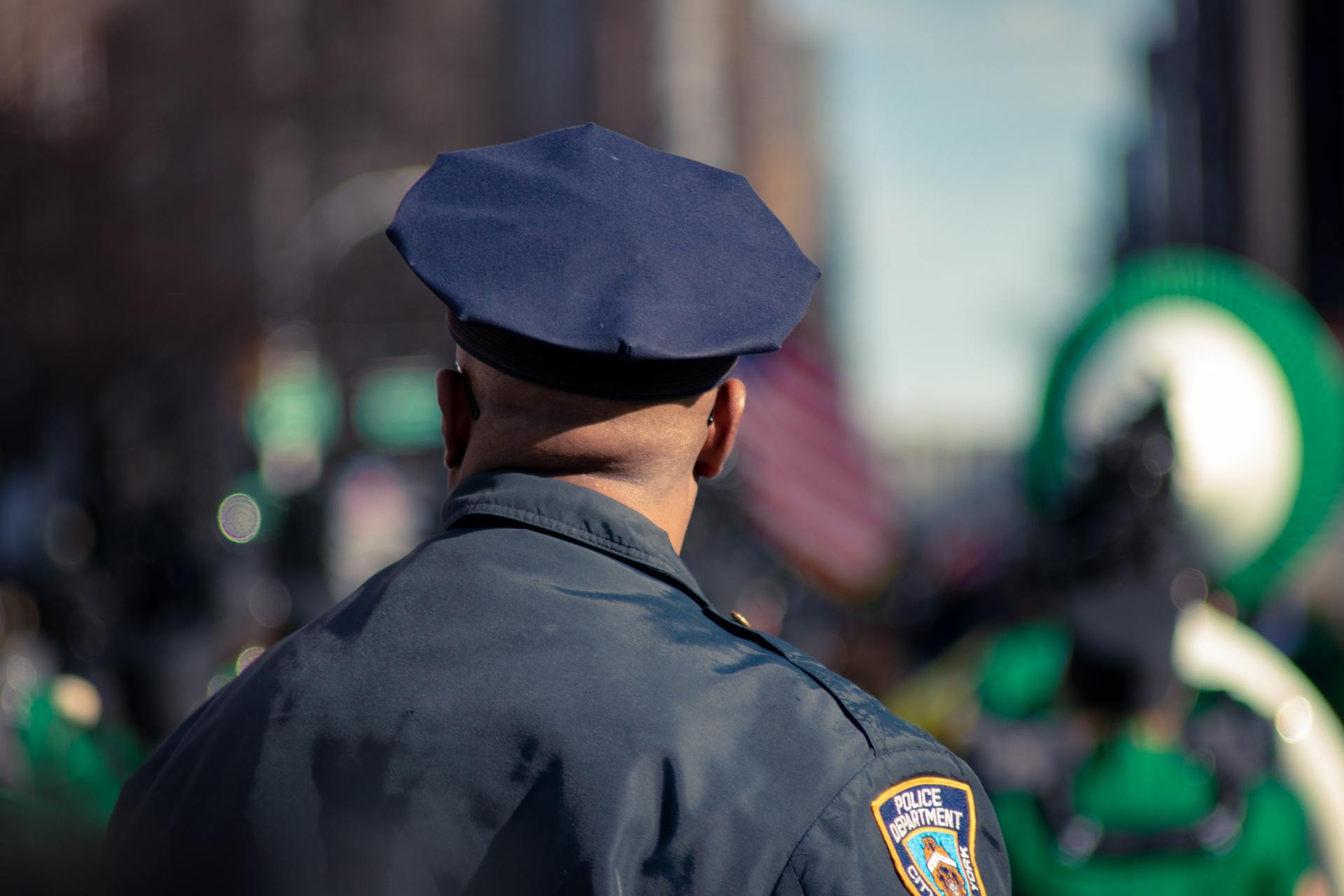I think we have all been touched in some way by cancer, whether it be a friend, colleague or family member who has been affected. When my amazing friend Sam was diagnosed with breast cancer at the age of 40, the same age as I was at the time, it really got me thinking. We all assume it will be someone else’s story and really don’t appreciate what they have been through, or are currently going through. She had no symptoms, and it was randomly picked up when a BreastScreen van visited her workplace. Her diagnosis created a snowball effect of chemo, surgery and ongoing treatment. Thankfully with a good outcome. I was prompted to start getting screened myself, as it felt all a bit too close to home. But it wasn’t until recently that I found myself with just a little glimpse into the possibility of a different outcome after being sent for further testing following an ultrasound. Although my relief was huge with clear results, I couldn’t help but feel for all those people who have not been so lucky. To have to walk, or crawl, through the cancer journey takes so much vulnerability and courage. Especially when you have no idea where the journey will take you.
Really all we have is early detection. The earlier it is detected, the better the chance we have in managing the outcome. The same goes for the management of Lymphoedema. Around 20 percent of people having surgery involving lymph node removal under the armpit will develop Lymphoedema within two years. However, the risk is lifelong. There is a similar outcome for other types of surgery, chemotherapy and radiotherapy treatments for cancer. Learning what to watch out for is very important in the prevention and early detection of this condition and is a big part of where Physiotherapy fits into the management.
So, I encourage you. If there is a health check, or a symptom you have been putting off seeing someone about. Please take action. Sooner rather than later. Even if it is nothing, there is no harm in checking. But there may be harm in leaving it go for too long.
MORE SCENIC NEWS
-
COMMUNITY CAMERA ALLIANCE – YOUR CHANCE TO HELP
Mar 28, 2024ButtonIt's essential for community members to remain vigilant and take steps to safeguard their properties and vehicle...
-
GALLERY’S $30,000 MAJOR ART AWARD RETURNS
Mar 28, 2024ButtonThe award, named after the sacred mountain which the Gallery overlooks, is open to artists living across the...
-
ANNE HOITINK – APRIL 2, 1945 – MARCH 15, 2024
Mar 28, 2024ButtonMigrated to Australia on 29 November 1952, aged 7 years. Going directly to the suburb of Reid in Canber...
-
KERRI: AN HONOUR TO FILL THE ROLE FOR DIVISION 2
Mar 28, 2024ButtonDuring the pre-poll part of the campaign, I was very grateful for the opportunity to be able to meet an...
-
DO HOP IN FOR A NEW MONTE LUPO EXHIBITION
Mar 28, 2024ButtonMonte Lupo was established by Multicap in 1991 to provide meaningful employment to people living with di...
-
GREAT SUCCESS FOR LITTLE ATHLETES
Mar 28, 2024ButtonRuby, Lily, Talia, Torah, Hugo, Leiawyn, Aric, Dean, Mitchell, Harvey and Noa; you all should be so proud ...
-
A NEW CHAPTER FOR WOLVES BASKETBALL
Mar 28, 2024ButtonAs the sun sets on an incredible experience, it's time for me, Adam Chanter, to say farewell as the Pre...
-
GRAND OPTIONS CATER TO MOST NEEDS AND TASTES
Mar 28, 2024ButtonFor weddings, services can be held in The Old Church, which stands as a proud member of architecturally sig...
-
BREACH OF CODE: RULING ON MAYOR CHRISTENSEN RAISES MORE VOTER CONCERNS ON ELECTION EVE
Mar 14, 2024ButtonAdditionally, Christensen is to bear his legal costs, with a warning that any future infractions will be classifie...
-
THE LONG ROAD SPORTS CENTRE AND REGIONAL SPORT - WHERE DO YOU STAND
Mar 14, 2024ButtonThe SRRC Sports strategy 2010-2020 is to be shortly superseded by the 2024 – 2034 SRRC Sports Strategy....
LOCAL BUSINESS
COLUMNS
-
Beauty & Wellness
ButtonWriter: Rebecca Mander - Naturally Cos
-
Community Care
ButtonWriter: Geoff Marshall
-
Embrace
ButtonWriter: Jaap Vogel
-
Food for Thought
ButtonWriter: Dylan Gittoes
-
Hooked on Books
ButtonWriter: Friends of TM Library
-
Living with Dogs
ButtonWriter: Pam Brandis (Dip. Canine Prac.)
-
Nature Notes
ButtonWriter: Nadia O’Carroll
-
Pastor Kim
ButtonWriter: Pastor Kim Dale
-
Physio Talk
ButtonWriter: Neil Bell (Tamborine Mountain Physique)
-
Police News
ButtonWriter: Sgt Mark Shields
Officer in Charge
North Tamborine Police
-
Politics
ButtonWriter: Local Councillors and Representatives
-
Relationships
ButtonWriter: Linda Gray
-
The Mtn Midwife
ButtonWriter: Bree Lowing (Registered Midwife)
-
Travelling Places
ButtonWriter: Travelling Places Tamborine Mtn
-
Wine chat
ButtonWriter: Imogen Mulcahy
-
Yoga Under the Bodhi Tree
ButtonWriter: Margot Wagner
Your Local Paper
to read, keep & share

Your Local Paper
to read, keep & share
CONTACT
PO Box 118, North Tamborine Qld 4272
Phone: 0407 671 286
Email:
news@tmnews.com.au
ads@tmnews.com.au
Design by BjornSchmal.com


















